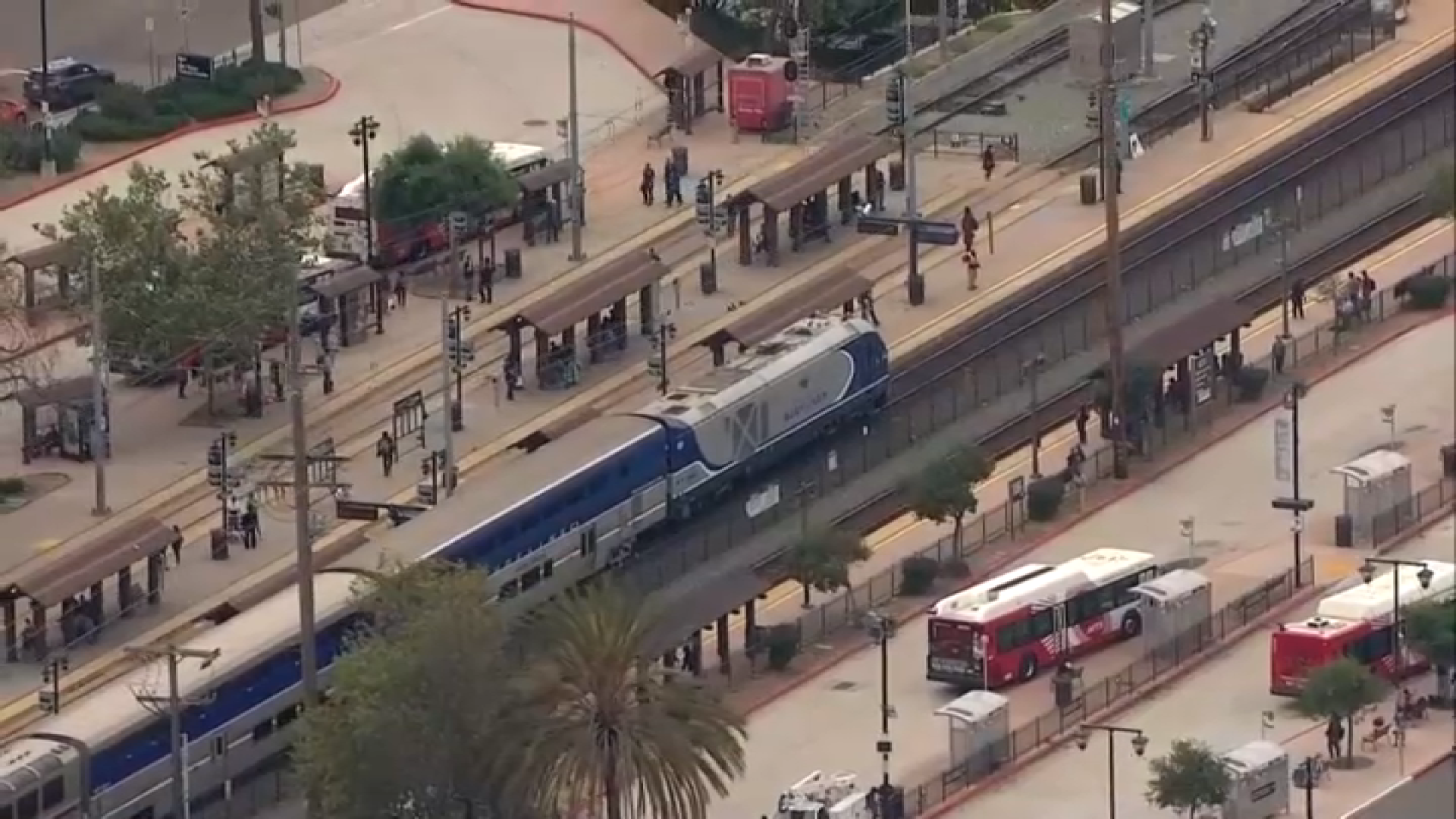The city of San Diego’s plan to expand its convention center could be dead in the water after a court of appeals ruled the funding strategy for the $520 million project is unconstitutional.
The panel of judges decided Friday that surcharges hoteliers planned to collect on room rates needs to go to a citywide vote.
Two years ago, hotel owners voted to self-assess a fee of 1 to 3 percent to be paid by hotel guests. That surcharge would fund the bulk of the center expansion, and the plan sailed through the San Diego City Council with a 7-1 approval.
However, opponents -- including San Diegans for Open Government (SDOG) -- took the issue to San Diego County Superior Court, arguing the tax is illegal because those who will pay the fee did not get a vote on it.
In March 2013, Superior Court Judge Ronald Prager sided with the city. He ruled the funding mechanism is a legitimate method of generating money to cover construction costs for community facilities.
Challengers soon requested an appeal, which landed the case on the Court of Appeals desk this year.
On Friday, opponents got the ruling they were hoping for: the plan is unconstitutional.
The appeals judges, who voted unanimously against the plan, wrote in its conclusion, "while we understand the City would like to expand the convention center, we are duty bound to uphold the provisions of the California Constitution and the City Charter that require that the City’s registered voters approve the special tax at issue in this case."
Cory Briggs, an attorney for SDOG, said the surcharge should have needed the approval of two-thirds of San Diego’s electorate, not just hoteliers.
"Because if you just ask the people who benefit from taxes to approve them, you're completely leaving out the people who bear the burden of the tax,” said Briggs.
Thomas Mitchell, a spokesperson for the city attorney’s office, said the 2012 city council and mayor was testing legal boundaries when it agreed to the funding system.
On Friday, he echoed what his office stated in 2012, that “the most reliable way to impose this tax is to place it on the general ballot. Two and a half years later, it still is.”
But now, the future of the convention center is up in the air, possibly jeopardizing future events.
For example, the contract with Comic-Con International – a $178 million cash cow for the city – is set to expire in 2016, and without a bigger space, organizers could decide to relocate the mother ship.
Former Mayor and Chamber of Commerce President Jerry Sanders weighed in on the ruling Friday, calling it a “great loss for our city.”
“It is unfortunate that this project will now be delayed even further, increasing the strain on our city’s ability to attract convention business that bolsters the economy and creates thousands of jobs for San Diegans,” Sanders said in a statement.
The city must now decide if it wants to appeal the court’s ruling to the California State Supreme Court or revise its plan to fund the convention center expansion.



